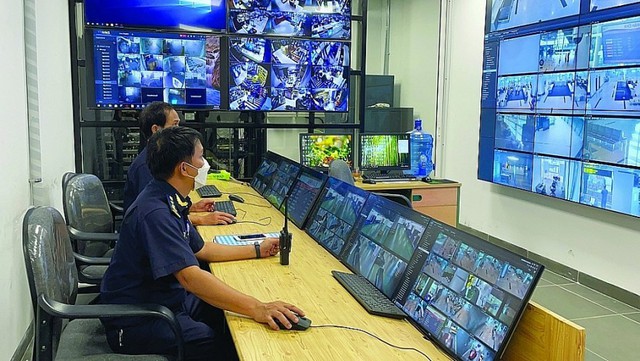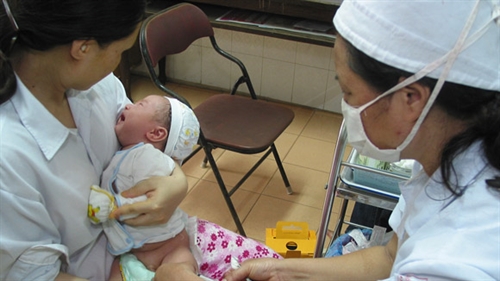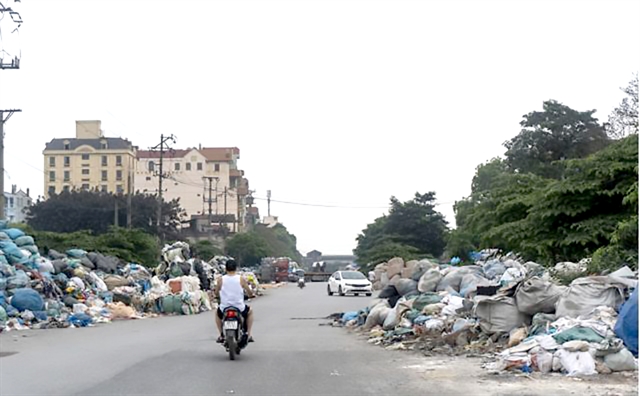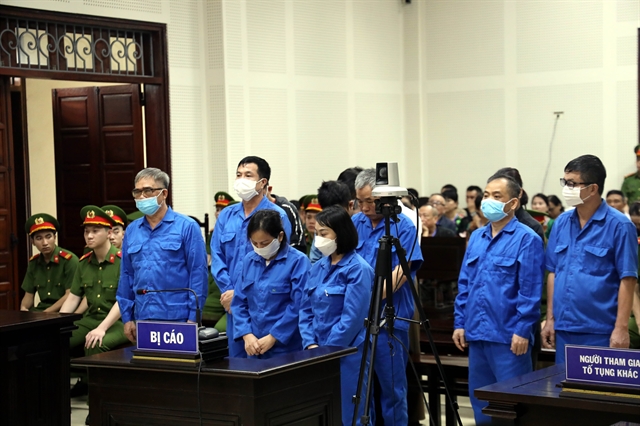 Society
Society

" />HCM City Department of Health will co-operate with Việt Nam Viral Hepatitis Alliance to build a pilot electronic database for surveillance of viral hepatitis in the city.
 |
| Illustrative photo. A pilot electronic database for surveillance of viral hepatitis will be built in HCM City. — Photo baochinhphu.vn |
HCM CITY—HCM City Department of Health will co-operate with Việt Nam Viral Hepatitis Alliance to build a pilot electronic database for surveillance of viral hepatitis in the city.
The department’s deputy head Nguyễn Hữu Hưng said that the city currently still has not yet set up the surveillance database.
“This is the city’s weakness in fighting against viral hepatitis,” Hưng added.
Moreover, they will co-operate with each other to do more research and improve qualifications for the city’s health staff as well as viral hepatitis screening among them, he said.
Many specialised wards for viral hepatitis at public and private hospitals at district to central levels have been set up throughout the city, he said.
For instance, the Hospital for Tropical Diseases last year admitted 40,703 patients with hepatitis B virus and 16,515 patients with hepatitis C virus.
As many as 23,470 patients with hepatitis B virus and 10,808 of those with hepatitis C virus came to Medic Medical Centre for treatment last year.
Many of the patients came from other provinces and cities, he said.
Chợ Rẫy Hospital reported 15,371 new incidences of liver cancer within the period between 2010 and 2014. Of those, 16 per cent lived in the city.
Of the 15,371 liver cancer patients, 80.5 per cent were caused by viral hepatitis, he said, and added that 75.6 per cent of them were detected late.
Dr Phạm Thị Thu Thủy of the Medic Medical Centre said that the rate of new incidences of liver cancer and the mortality rate due to the cancer was almost the same.
This was shown on International Agency for Research on Cancer’s GLOBOCAN 2012, which provided contemporary estimates of incidence, mortality and prevalence of cancers in the world.
Advanced technologies in early diagnosis for cancer will prevent such a situation, Thủy added.
The advanced diagnostics - Wako test - has been applied to 5,000 patients including 800 at the liver ward since June 2015, she said, adding that it helped detect 12 patients with hepatocellular carcinoma with a size less than 1 centimetre.
Hepatocellular carcinoma is the most common type of liver cancer.
According to Thủy, the high cost to diagnose and treat cancer is a barrier for patients to access services, leading to delays in treatment.
The conference was held by the city Department of Health in co-operation with HCM City Medical Association, Association for the Study of Liver Disease and Việt Nam Viral Hepatitis Alliance. —VNS









